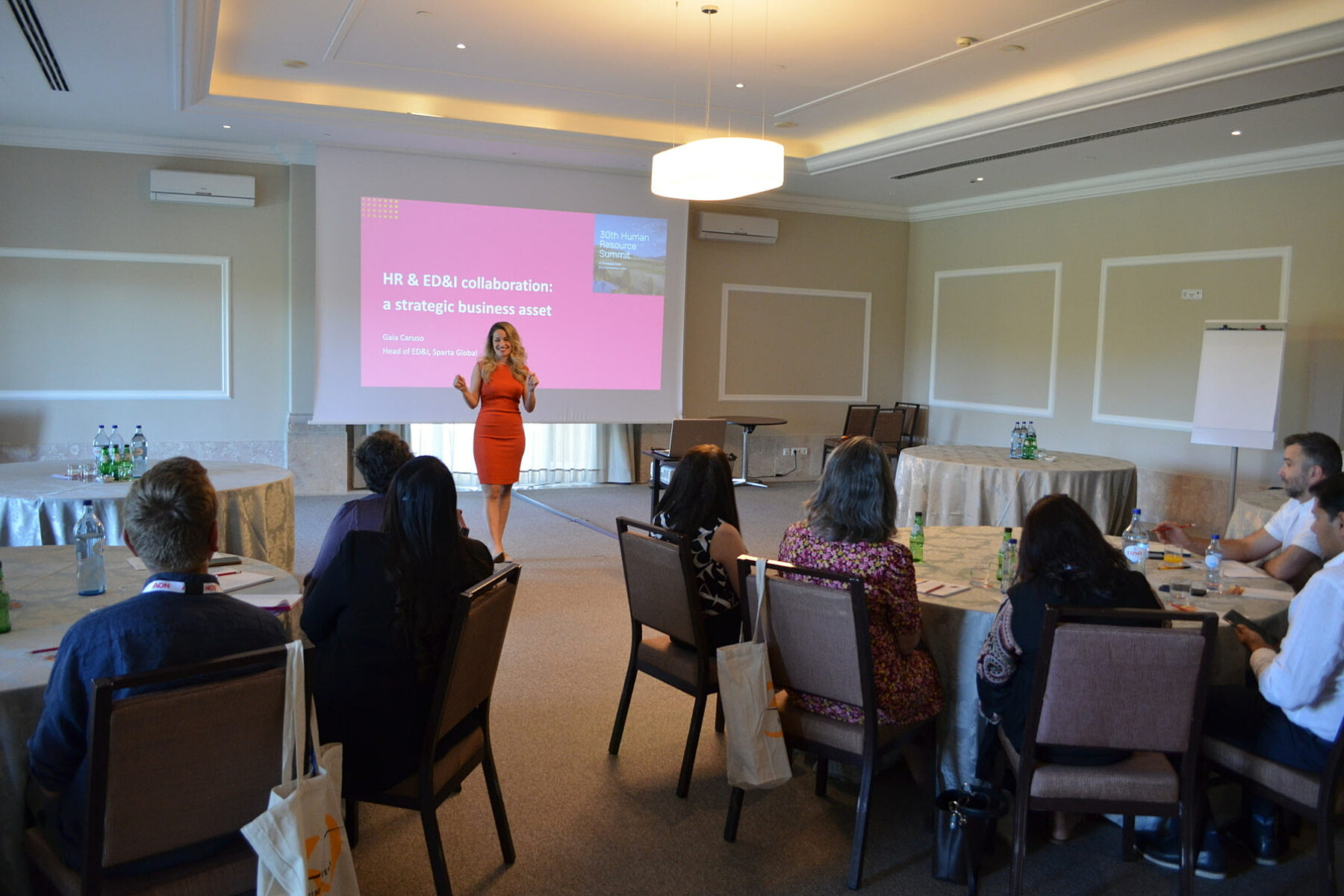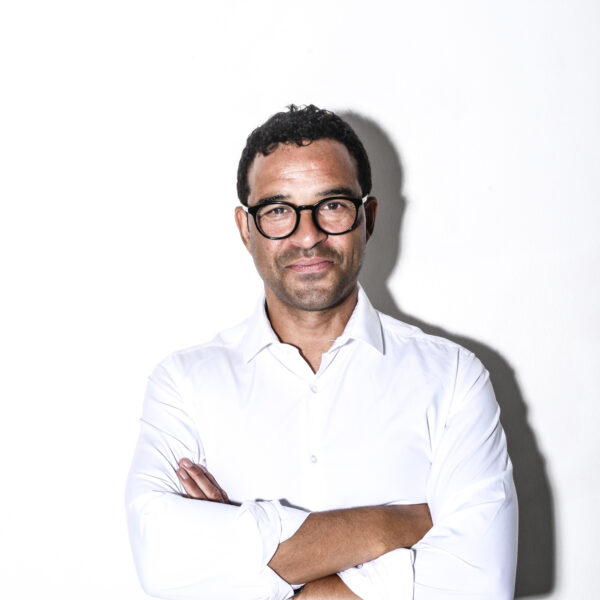Biography
With over 43 years’ in business, Tony has a wealth of experience from working in a broad range of sectors and functions. This enables him to bring a unique perspective to his reward role. As a business disrupter and innovator, he has driven change in the businesses he has worked for or with. He has worked for some of the most innovative businesses in the UK and been at forefront of some of the most significant changes in the market.
With now over 8 years working in Reward leadership, driving global transformations in companies including ECB (Cricket board) Marshall Aerospace & Defence Group, Carnival plc, dentsu Group, Cambridge Press & Assessment and Aristocrat, Tony has developed a deep understanding how compensation and benefits impact the big picture and has developed reward strategies for future success. He brings a commercial mindset to drive innovation and transformation, delivering impactful results.
Prior to this, he spent decades as a benefits consultant and advisor, building strong connected programmes to deliver cost savings and employee engagement. An early joiner to the Darwin team 25 years ago he helping them carve out the new world of online flexible benefits.
Running his own consultancy firm for 7 years he created online platforms, reward branding and propositions for some of the largest business names in the world including: McGraw Hill Group of Companies (Standard & Poor's), Charles Stanley, Weil Gotshal & Manages, Swiss re, H J Heinz, The Telegraph Media Group, Waterman plc, Toshiba, Bernard Matthews and Chanel.
As a consultancy director for Benefex, he managed clients including Bank of England, LSEG, Bank of America, E.on, EDF, Centrica, M&S, Coke Cola Enterprises, CAA and Plusnet (part of BT Group)
As an administrator, salesperson, adviser, manager, director, consultant, business owner or VP Tony has gained a vast knowledge of the reward landscape.
Presentation Outline
We know that an informed workforce will make better choices and live a healthy lifestyle but:
What media type, what content, how, where and when do we engage them.
Is it based on claims history, demographics, location and role.
Prevention/Intervention
We also know the early a problem is detected the lower the risk and the cost so how do we provide:
Early cancer detection (highest cost claims), musculoskeletal prevention (most frequent claims)
Bringing employee’s families on board with wellbeing programmes (they account for a large proportion of claims ).
How is it paid for and by who?
Treat/Manage
Digital accessibility and proliferation of online platforms mean an employee does not know who or where to go to for help. How do we:
Guide them through the maze
Manage their time to take tests, have physio, follow ups etc
Help with immediate needs (quick links)
How do we ensure claims are managed to the right service and at the right time










